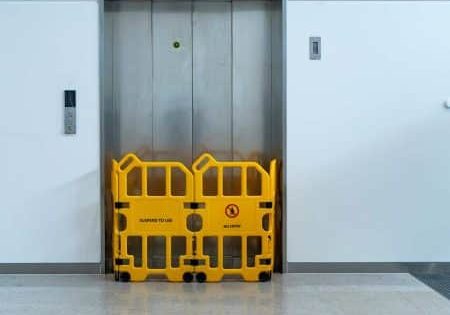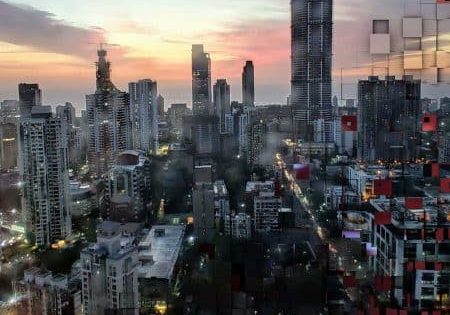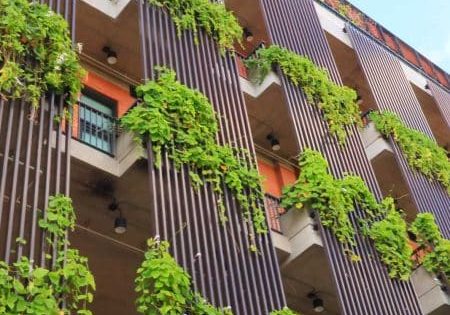Your author provides perspectives on the four factors that define a luxury property.
Being extra vigilant and selective is essential when one purchases a luxury property. The wealthy investor class considers a variety of factors when selecting a property, including location, connectivity, proximity to business centers, return on investment (ROI) potential and regional development. Here is a rundown of four key factors that define a luxury property and what should be considered before adding one to an investment portfolio.
Location Is Key
Let’s get it straight. Luxury property investment requires a huge sum, and high-net-worth individuals (HNIs) do not lack this money. However, while selecting that suave and high-end property, the upper class look for a prime location and classy ambience. A filthy and underdeveloped locality will be a certain “no-no” for these investors.
The luxury property must be situated at a prime location with developed physical infrastructure, power facilities and enterprises. Connectivity with business centers and airports would be advantageous in this regard. Moreover, as money is not a constraint, research and ROI projections must be prioritized in high-net-worth investments of this kind.
Connectivity Quotient
The ultra-rich often do not hesitate to spend money on a property with potential. However, the ROI potential of a property is highly dependent on several factors, and connectivity is one of the foremost. Luxury property owners belong to the affluent class of society and prefer to live in a prosperous and all-inclusive locale.
Proper road connectivity and linkages with the airport, railway station and metro are a sine qua non for luxury property owners. In fact, the very high price tag of the property is directly related to its superb connectivity quotient with leading landmarks of the city.
Goal of Investment
There is no doubt that luxury property comes with a hefty price tag. Even if the investor has money to spare, the purpose of investment in a luxury property must be clear. It must be well-defined that the property is being bought for personal use or for rental income. If it is bought to be used by the owner, factors such as social infrastructure and amenities must be up to date, as this will directly affect the living quality of the residents. If the property is purchased for rental purposes, it must be near the business centers and connectivity must be seamless. If the purpose of purchase is clear, the investment journey will be hassle-free as the only asset that consistently produces the highest ROI is real estate.
Financing Options
There is no denying the fact that luxury property investors have deep pockets and a high budget at their disposal. Despite this, money cannot be wasted and must be invested prudently. Even if the investor has surplus money, he might want to avail himself of cheaper credit to buy a certain property. As banks are liberal with HNIs due to their sound financial condition, they provide loans almost instantly. The investor must have a plan to finance his prized possession.
In addition to the arrangement of finances, the investor can also ask for the right price. He cannot buy at any price just because he has the money. In fact, investors may find a luxury property deal and save a few crores. One must be aware of the price trends in the region and bargain accordingly.
In conclusion, luxury property investment is not a cakewalk and requires thorough research, as a good deal of money remains at stake. If luxury factors such as location, connectivity, ambience, physical infrastructure and social amenities are researched well before the investment, one might be the owner of a high ROI-generating luxury property.
Get more of Elevator World. Sign up for our free e-newsletter.










